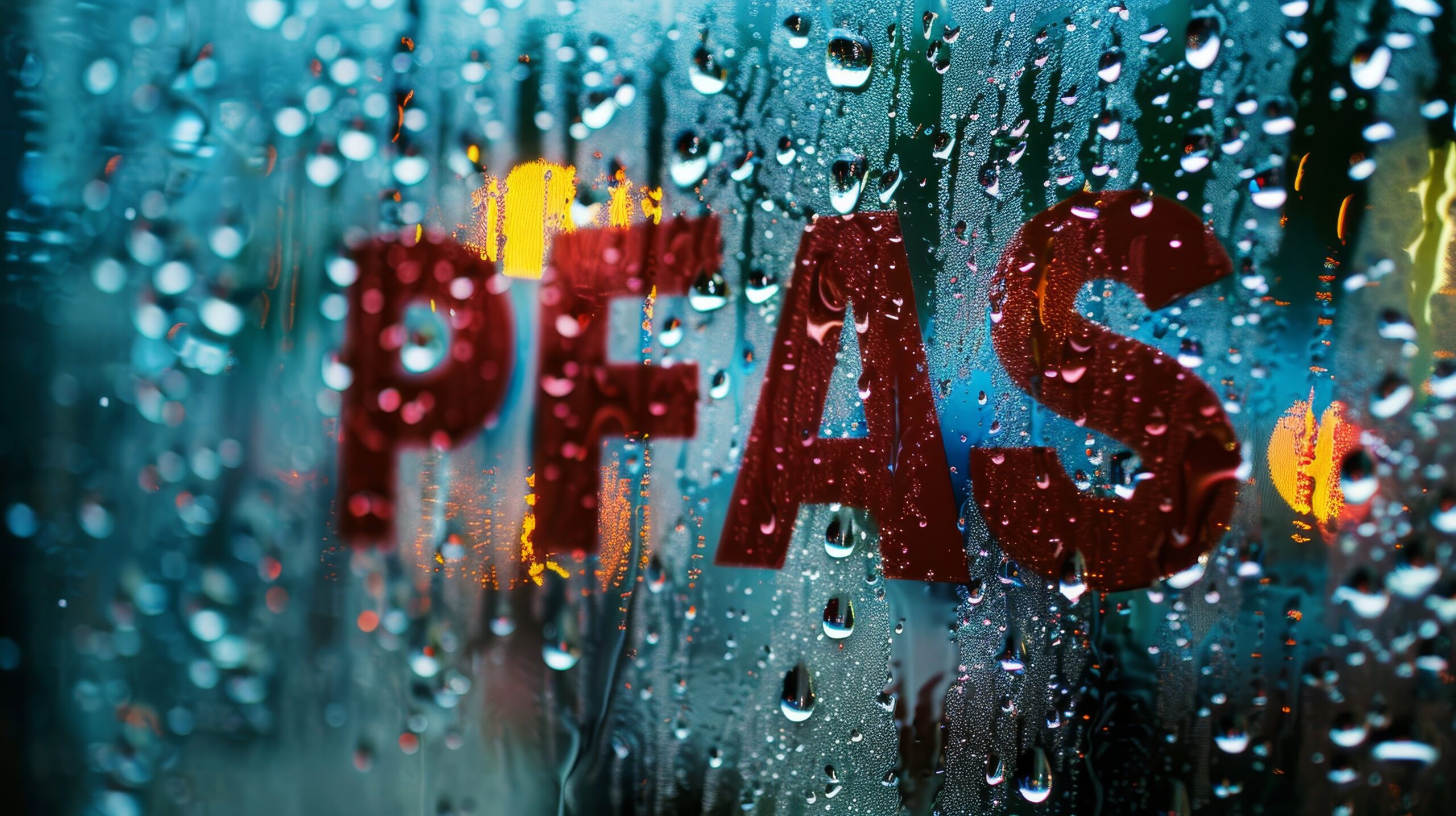The Growing European Concern Over PFAS
A recent Eurobarometer survey by the European Commission revealed a significant gap in public awareness about per- and polyfluoroalkyl substances (PFAS). According to the survey, only 29% of Europeans are familiar with PFAS, often referred to as “forever chemicals” due to their persistent nature in the environment. However, once informed, 81% of respondents expressed concerns about the potential health impacts of PFAS, and 84% worried about their environmental effects.
Per- and polyfluoroalkyl substances (PFAS), commonly known as “forever chemicals”, are notorious for their persistence in the environment. Moreover, they are widely used in everyday products like textiles, paints, food packaging, and non-stick cookware. Despite their usefulness, the environmental and health concerns surrounding PFAS have prompted significant regulatory attention in the European Union (EU).
Recent Findings on PFAS Presence in EU Waters
Furthermore, recent Findings on PFAS Presence in EU Waters underscore the urgency for such regulations. Specifically, a recent investigation conducted by an NGO, which brought attention to the widespread presence of PFAS in EU waters. The study analyzed 29 water sources across ten EU countries and found that trifluoroacetic acid (TFA) constituted 99% of the total PFAS detected. TFA is particularly concerning due to its high mobility, environmental persistence, and resistance to standard water purification methods.
The investigation revealed that TFA levels exceeded the EU’s regulatory limits for total PFAS in drinking water in 23 out of the 29 samples. Some samples showed concentrations up to seven times the acceptable threshold. This extensive contamination has been linked to the use of PFAS in pesticides and F-gases, highlighting the urgent need for regulatory measures to address this growing issue.
The rising concern over PFAS has led to significant regulatory developments across EU. During the June 2024 meetings of the Committees for Risk Assessment (RAC) and Socio-Economic Analysis (SEAC), several sectors were identified as likely to be impacted by upcoming PFAS restrictions. These include consumer mixtures, cosmetics, ski wax, metal plating, and the manufacture of metal products.
Looking ahead, RAC and SEAC plan to evaluate additional sectors. These include textiles, upholstery, leather, apparel, carpets, food contact materials, packaging, petroleum, and mining. These ongoing discussions aim to finalize and submit a comprehensive restriction proposal to the European Commission for implementation. The persistence of PFAS in the environment and their potential health risks have made them a focal point for regulatory action. As a result, industries must prepare for these changes, staying informed and proactive will be crucial in navigating the evolving regulatory landscape.
The Path Forward for PFAS Regulation in Europe
As EU intensifies its regulatory efforts on PFAS, industries must prepare for significant changes. The ongoing discussions and decisions at the RAC and SEAC meetings highlight the EU’s commitment to tackling PFAS pollution head-on. Companies in the affected sectors should stay informed about these developments. They should also proactively seek alternatives to PFAS to ensure compliance and protect public health. The persistence of PFAS and their global impact have made them an international concern. This situation necessitates coordinated regulatory actions worldwide.
For more details on the latest PFAS regulations and their impact in Europe and beyond, visit our blog on and check out our other articles:
- Turning the Tide: France’s Bold Move Against PFAShttps://staging.lisam.com/news/turning-the-tide-frances-bold-move-against-pfas/
- New Regulation on PFAS Chemicals: A Turning Point for Drinking Water Safety https://staging.lisam.com/news/new-regulation-on-pfas-chemicals-a-turning-point-for-drinking-water-safety/
Sources:
- https://environment.ec.europa.eu/news/europeans-continue-feel-directly-affected-environmental-issues-and-policy-2024-05-29_en
- https://echa.europa.eu/fr/hot-topics/perfluoroalkyl-chemicals-pfas
- https://www.pan-europe.info/sites/pan-europe.info/files/public/resources/reports/TFAinWater_Report_27052024.pdf
- https://echa.europa.eu/fr/substance-information/-/substanceinfo/100.000.846
- https://climate.ec.europa.eu/eu-action/fluorinated-greenhouse-gases/about-f-gases_en
- https://echa.europa.eu/fr/-/highlights-from-june-2024-rac-and-seac-meetings
- https://europa.eu/eurobarometer/surveys/detail/3173


